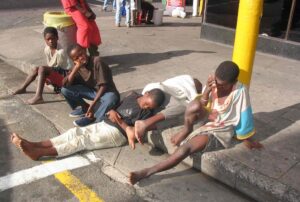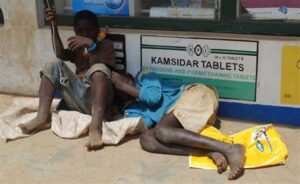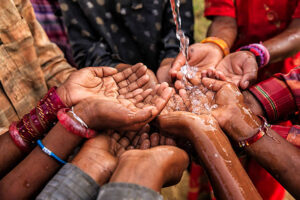

The International Day for Street Children is celebrated every year on 12th April. The day provides a platform for the millions of children on the streets around the world – and their champions – to speak out so that their rights cannot be ignored.
Article 27 of the convention on the Right of the Child (CRC) asserts that “States Parties recognize the right of every child to a standard of living adequate for the child’s physical, mental, spiritual, moral and social development.” Homelessness denies each one of those rights. According to an Inter-NGO program on street children and youth, a street child is any boy or girl who has not reached adulthood, for whom the street (in the widest sense of the word, including unoccupied dwellings, wasteland, etc.) has become his or her habitual abode and/ or source of livelihood, and who is inadequately protected, directed, and supervised by responsible adults.”


A ‘Child of the Street’: Children who have no home but the streets, and no family support. They move from place to place, living in shelters and abandoned buildings.
A ‘Child on the Street’: Children who visit their families regularly and might even return every night to sleep at home, but spends most days and some nights on the street because of poverty, overcrowding, sexual or physical abuse at home.
Part of a Street Family: These children live on sidewalks or city squares with the rest of their families. They may be displaced due to poverty, wars, or natural disasters. The families often live a nomadic life, carrying their possessions with them. Children in this case often work on the streets with other members of their families.
In Institutionalized Care: Children in this situation come from a situation of homelessness and are at risk of returning to life on the street.
Being a street children is not a crime and we need to change the society’s impression on street children and that is why since 2014, Global Support for Kids Initiative have joined the whole world in celebrating International Day for Street Children in honor of children living on the street.

Providing vital information regarding available resources to meet their needs, including education, health and other support services

Providing food, clothing, hygiene products, blankets and other comfort items.

Harm reduction counseling to address the risk associated with street life.